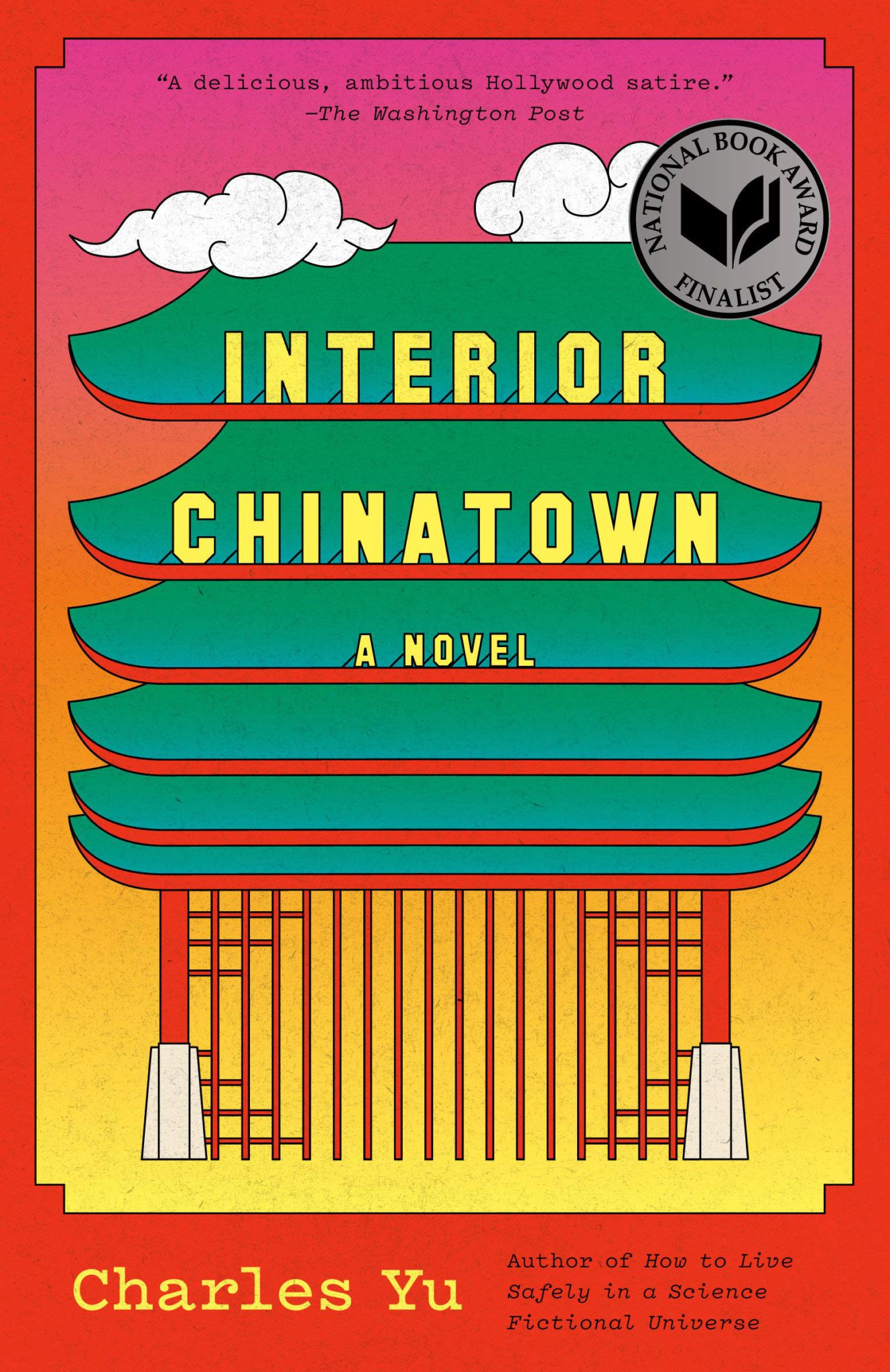

The details meticulously crafted, render a universe that feels complete to the touch.” It’s all of those things, but maybe mostly, it’s allegory. a kind of a George Saundersesque alternate reality. Anita Felicelli, San Francisco Chronicle Interior Chinatown solders together mordant wit and melancholic whimsy to produce a moving exploration of race and assimilation that shouldn’t be missed by intellectually adventurous readers.” However, acidic jokes are counterbalanced by palpable tenderness around family, parenthood and the human condition. Like Percival Everett’s novel Erasure, its critique of race-from an Asian American perspective-cuts. marked by lacerating humor that blossoms into pathos. It’s full of clever wordplay and in-jokes about the Chinese American experience. The novel skewers pop-culture stereotypes of Asian Americans and contends, memorably, with assimilation. “ takes the theme of social roles beautifully sideways. recalls the humorous and heartfelt short stories of George Saunders, the metafictional high jinks of Mark Leyner and films like ‘The Truman Show.’” Infinitely inventive and deeply personal, exploring the themes of pop culture, assimilation, and immigration- Interior Chinatown is Charles Yu’s most moving, daring, and masterful novel yet. Or is it?Īfter stumbling into the spotlight, Willis finds himself launched into a wider world than he’s ever known, discovering not only the secret history of Chinatown, but the buried legacy of his own family. He’s a bit player here, too, but he dreams of being Kung Fu Guy-the most respected role that anyone who looks like him can attain. Yet every day, he leaves his tiny room in a Chinatown SRO and enters the Golden Palace restaurant, where Black and White, a procedural cop show, is in perpetual production.

Sometimes he gets to be Background Oriental Making a Weird Face or even Disgraced Son, but always he is relegated to a prop. Willis Wu doesn’t perceive himself as the protagonist in his own life: he’s merely Generic Asian Man. “A shattering and darkly comic send-up of racial stereotyping in Hollywood” ( Vanity Fair) and a deeply personal novel about race, pop culture, immigration, assimilation, and escaping the roles we are forced to play.


 0 kommentar(er)
0 kommentar(er)
